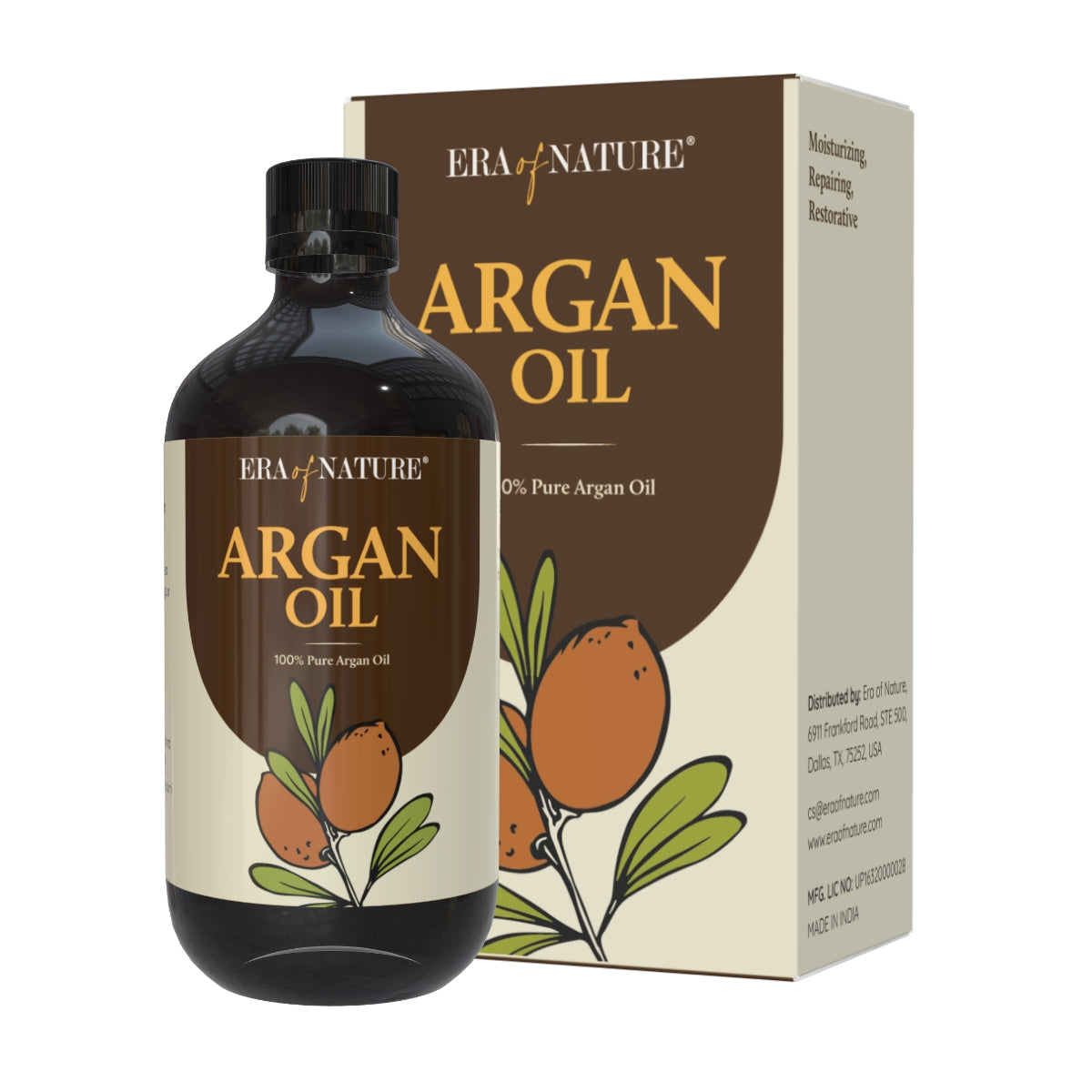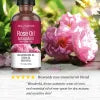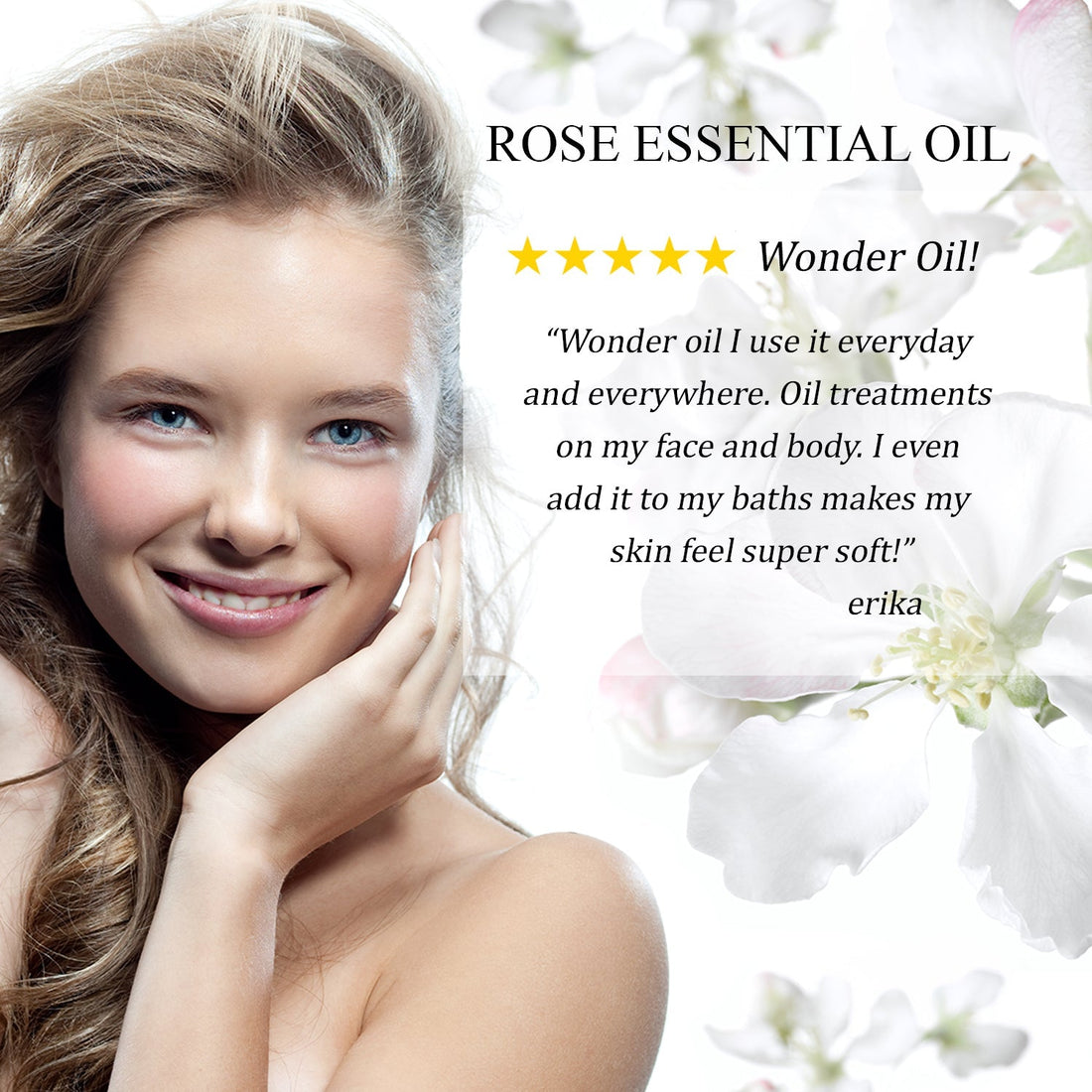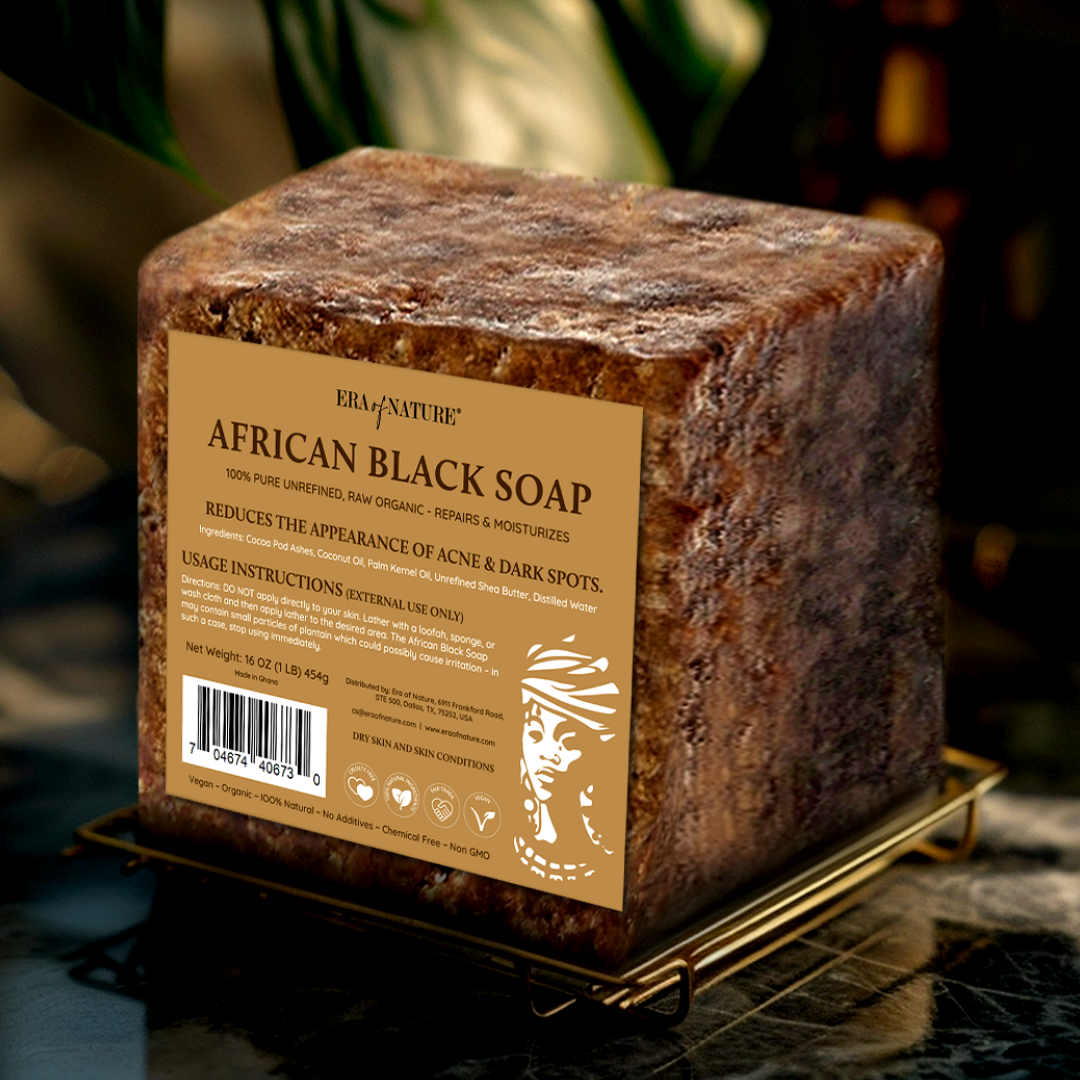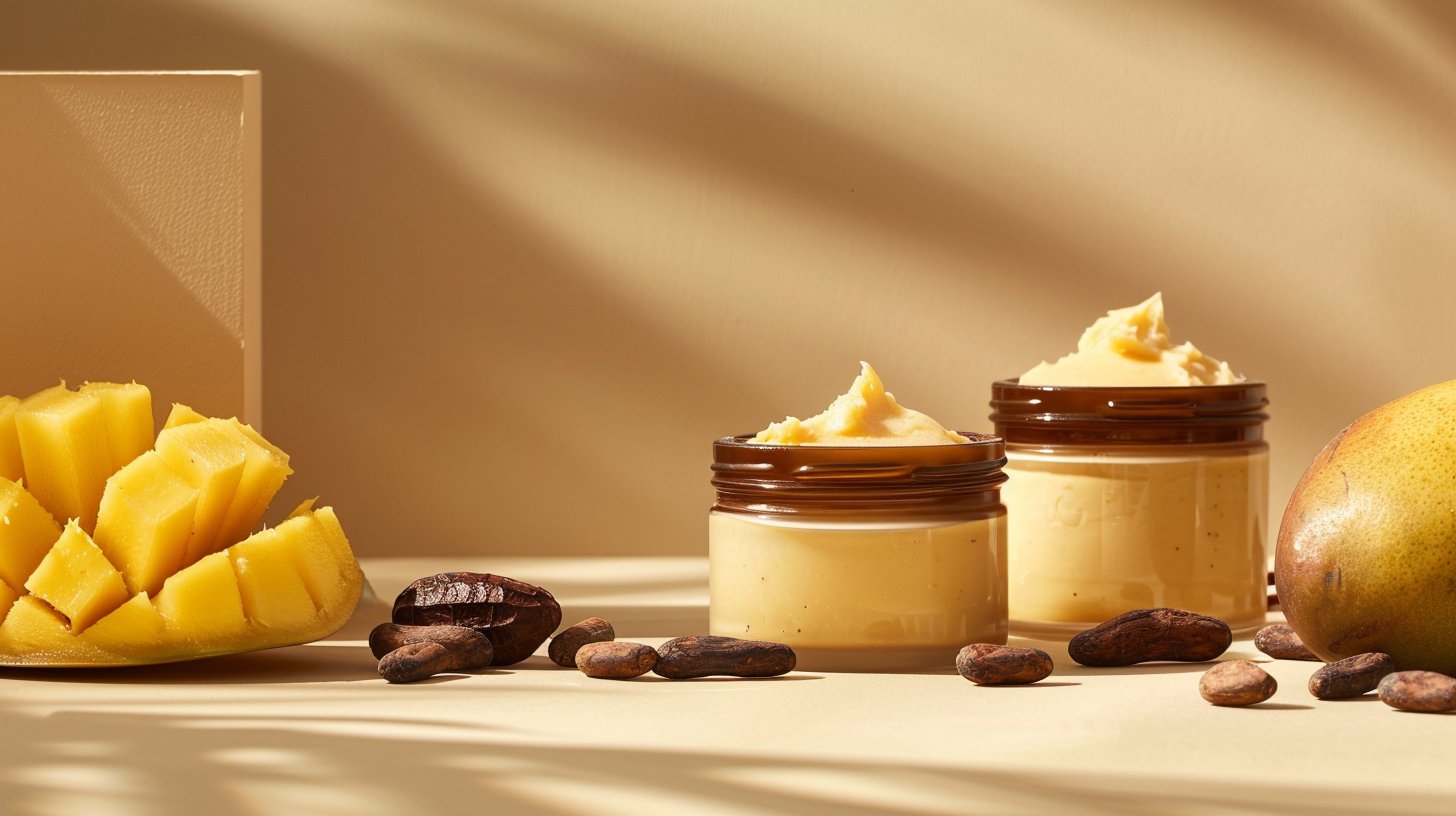Natural skincare starts with understanding your skin—and choosing the right carrier oil can make all the difference. Whether you have dry, oily, sensitive, or combination skin, the right oil can hydrate, soothe, and balance your complexion without clogging pores or causing breakouts.
In this guide, we’ll break down how to find the best carrier oils for your skin type, so you can feel confident incorporating them into your daily skincare routine.
What Are Carrier Oils?
Carrier oils are plant-based oils derived from nuts, seeds, or kernels. Unlike essential oils, which are highly concentrated and must be diluted, carrier oils are safe to use directly on the skin.
They “carry” essential oils, making them ideal for DIY skincare blends, but they also offer skin-loving benefits on their own. Each oil has its own profile of fatty acids, vitamins, and properties—so choosing the right one depends on your skin’s specific needs.
How to Identify Your Skin Type
Before choosing a carrier oil, it’s essential to understand your skin type. Here’s a quick breakdown:
Oily Skin: Shiny appearance, enlarged pores, prone to blackheads and acne.
Dry Skin: Tight, flaky, dull, or rough texture.
Sensitive Skin: Easily irritated, reactive to products or weather.
Combination Skin: Oily in the T-zone (forehead, nose, chin), dry or normal elsewhere.
Best Carrier Oils for Each Skin Type
Oily Skin
Top Picks: Jojoba Oil, Grapeseed Oil
Jojoba Oil: Mimics the skin’s natural sebum, helping balance oil production.
Grapeseed Oil: Lightweight, rich in linoleic acid, non-comedogenic.
Dry Skin
Top Picks: Avocado Oil, Sweet Almond Oil
Avocado Oil: Deeply moisturizing, packed with vitamin E and oleic acid.
Sweet Almond Oil: Soothes dry, flaky skin and improves skin tone.
Sensitive Skin
Top Picks: Argan Oil, Calendula Oil
Argan Oil: Gentle, antioxidant-rich, helps reduce inflammation.
Calendula Oil: Known for its calming and healing properties.
Combination Skin
Top Picks: Rosehip Oil, Sunflower Oil
Rosehip Oil: Balances sebum, supports skin regeneration and brightening.
Sunflower Oil: Light texture, doesn’t clog pores, high in vitamin E.
Tips for Using Carrier Oils
Patch Test First: Apply a small amount on your inner arm and wait 24 hours to rule out allergies.
Dilute if Needed: When mixing with essential oils, use 1–2% essential oil per ounce of carrier oil.
Store Properly: Keep oils in a cool, dark place to extend shelf life.
FAQs
Can I mix different carrier oils?
Absolutely! Blending oils lets you customize for texture, absorption, and benefits.
What oil won’t clog pores?
Non-comedogenic oils like jojoba, rosehip, and grapeseed are ideal for acne-prone skin.
Are carrier oils safe for acne-prone skin?
Yes—but choose oils high in linoleic acid (like grapeseed or rosehip), and avoid heavy oils like coconut.
Final Thoughts
Carrier oils are a cornerstone of natural skincare—and when chosen based on your skin type, they can transform your routine. Whether you're dealing with dryness, breakouts, or sensitivity, there's an oil that’s just right for you.

